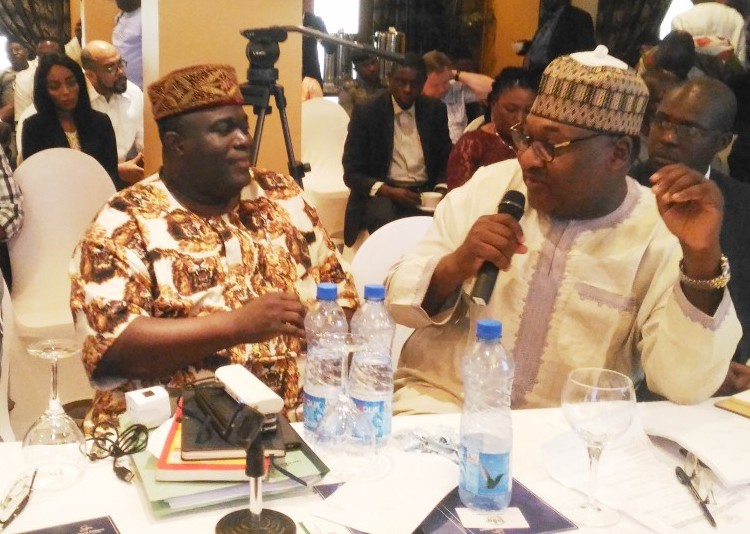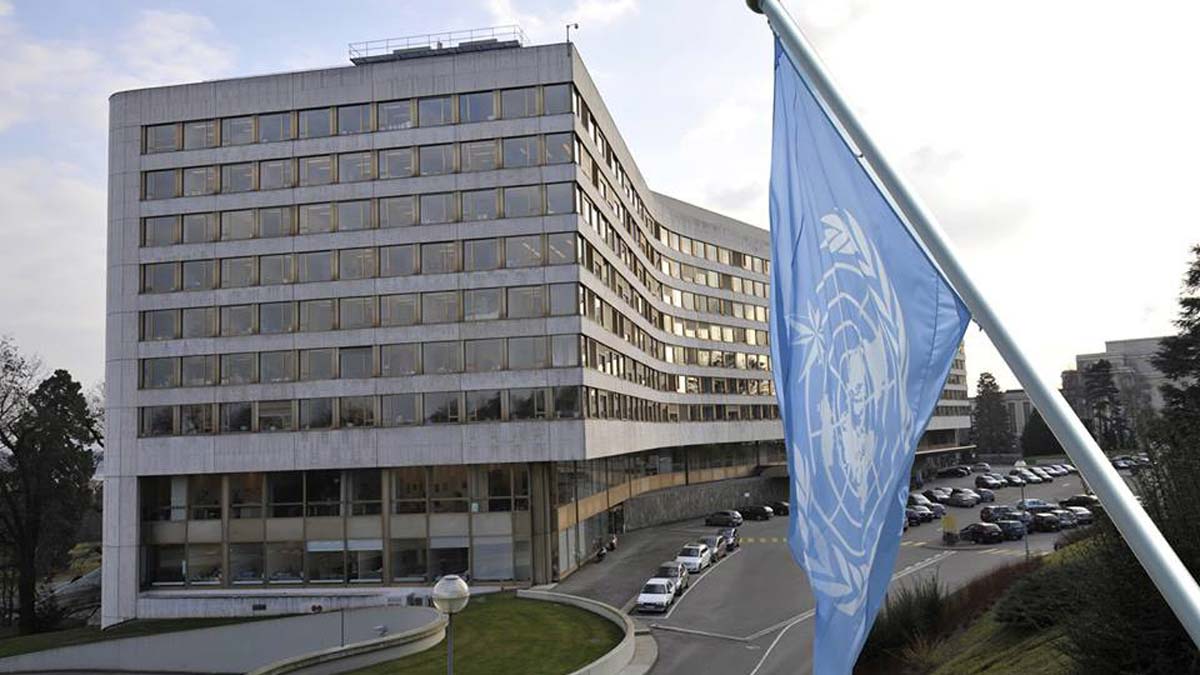The Acting Director-General of Infrastructure Concession and Regulatory Commission (ICRC), Engineer Chidi Izuwah, has said that facility management will now become a strategic part of every Private Public Partnership (PPP) government is entering into with any company in Nigeria.
Speaking at the 7th edition of the Nigerian Facilities Management Roundtable (NFMR) with the theme: ‘Enabling positive experiences in a post-recession real estate market’, organised by Alpha Mead Group, in commemoration of the World Facility Management Day, 2018, Izuwah averred that PPP will be integrated with PPP for the upkeep, maintenance and operation of buildings such as offices, hospitals, schools, sporting complexes, convention centres, shopping complexes and hotels.
According to him, “Facility management integration with the PPP aims to remove the discontinuities between design, construction and facility management services and optimising life cycle costs. Facility management/PPP represents a growing percentage of all PPPs being delivered today worldwide”.
The PPP model is critical globally as both a funding and operational mechanism for public infrastructure and the Federal Government supports PPPs and instituted the ICRC to develop and enforce guidelines, policies and procurement processes for PPP at all government levels.
“Facility management integrated with the PPP is a growing percentage of all the PPPs, for the maintenance and operation of infrastructure and buildings. FM services integrated with the PPP are critical in addressing deficit in asset maintenance in Nigeria. Nigerian ports concession and the Garki General Hospital are two examples of successful FM PPP arrangements in Nigeria
ICRC boss noted further that outsourcing facility management services would enable public entities to focus on the provision of public services, while the facility management operator would provide the best working environment.
He assured of the readiness of his Commission to take up the campaign of facility management through PPP and the associated business prospects for the private sector through publicity campaigns, seminars, events and information materials.
To start with, he disclosed that the Commission would also provide early notice of projects included in the project pipeline that were selected for implementation and provide details in relation to the facility management scope included in projects, as well as engage with the Organised Private Sector institutions to strengthen and foster collaborative relationships to enable each party to effectively advocate business interests and opportunities.
“We will also provide practical guidelines and advice for existing facility management companies and for companies that want to grow their business in the FM area; develop standardised output specifications through consultation with the private sector; ensure that the payment mechanism is appropriately linked with output specifications; and provide forums for meetings and networking between local and international companies,” he stated.
Earlier in his welcome address, managing director of the foremost facility management group Alpha Mead, Mr. Femi Akintunde, observed that delivering a PPP project required skills, competencies and technicalities across various spectra.
In his submission, “What we are seeing currently is that beyond financial and technical capabilities, actors in PPP projects pay less attention to issues, especially maintainability and sustainability of the project. These inactions are affecting the quality of the PPP projects and the value they deliver to their stakeholders. At other times, the lacuna created by this attracts the wrath of the public, who feel the PPP actors take them for granted”.
While fingering issues of policy inconsistency, weak maintenance culture and governance crisis, Akintunde added that “PPP has been unable to play a key role in our infrastructure stock because the private sector does not trust government policies to guarantee the future of their investment. Also, existing PPPs are at their current state because the private sector has no long-term view of the projects, hence they are interested in cashing out rather than ensuring that the projects fulfil their lifecycle”.









